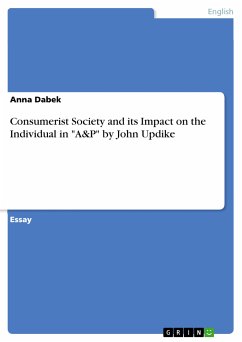Seminar paper from the year 2006 in the subject English Language and Literature Studies - Linguistics, grade: 5.5 (CH), University of Bern, language: English, abstract: The issue the paper at hand raises is first of all, why did that happen? Why is English recognised as the international language? Secondly what impact has this on the English language itself, explicitly on the teaching of the language and the pedagogy that stands behind it? What has to be taken into account under that aspect is further the fact that English is no longer merely used for communication with and between “Native-Speakers”, but also and increasingly for communication between “Non-native-Speakers” (whoever might be categorised as such). English is no longer “just” the language of the American, the British, the Irish, the Australian, the New Zealand, the Canadian, the Caribbean, and the South African, but also has the role of being the international language.








